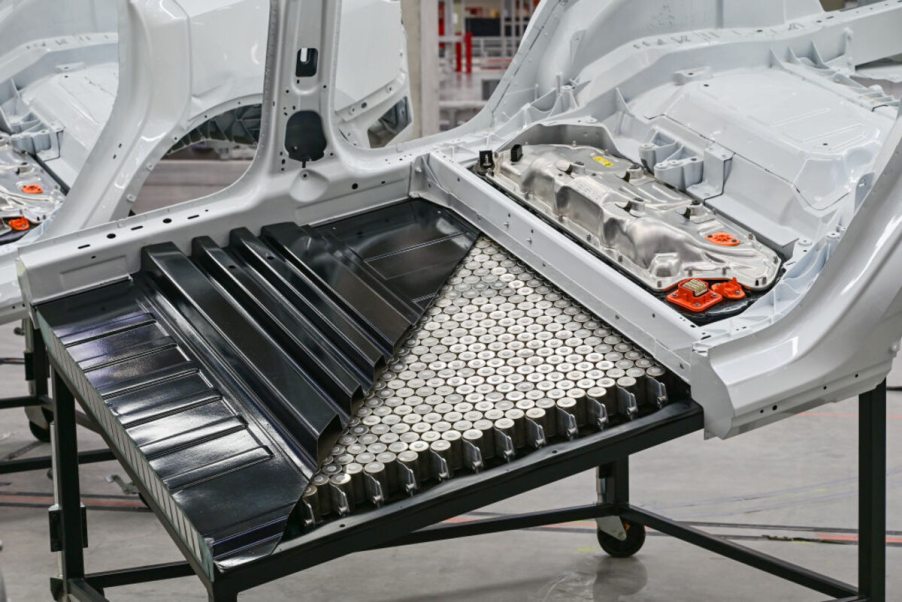
Heat Waves Are Killing EV Range
Temperatures are rising, and so are concerns about EVs losing as much as a third of their range from extreme heat. There have been indications that heat is a problem, which is now coming into the light. Now an analytical company has the data to show what is happening as EVs head out into the heat.
The company is Recurrent, and it studies battery range from thousands of EVs it tests. What it finds is that as higher temperatures bake to above 100 degrees, some EVs see range dive by 31%. When temperatures cool down, the range increases.
Why does the Tesla EV lose less range in heat?

Recurrent data shows that when temperatures cool to 90 degrees, range loss goes down 5%. At 80 degrees, range loss sees another 2.8% reduction. This is all part of its data coming from 17,000 EVs and hybrids—everything from many versions of Tesla models, Chevrolet Bolts, and more.
For starters, one thing it found was that Tesla EVs lost less range than others. Recurrent CEO Scott Case told Automotive News there’s a reason why. “Heat pumps are so much more efficient at cooling,” Case said. That’s what Tesla uses for its air conditioning rather than how AC is done in most other vehicles.
How can the heat affect EV range?

But that’s not to say Tesla EVs don’t see their fair share of range loss from high heat. Grassroots information on the lost range is available, like that from scientist Carlos Nossa. During his Houston commute in his 2022 Tesla Model 3, he told Automotive News, “I noticed that the car was using the battery quicker.”
Arriving at his job after a three-hour commute, he regularly had 40 to 50 miles left from his home charge. But in 100+ heat, he barely had 10 miles left. Now he chooses to stop at a charging station, which adds 20 minutes to his long commute.
What’s happening to reduce the range from heat?

That’s partially due to the vagaries of heat during his commute. If it’s hotter than he perceives when he begins his commute, will he make it to work with only 10 miles left? Or will he be walking as he gets close to work if it is hotter?
As heat rises, the battery cooling system, that is, the system cooling off the batteries, takes away range as it pumps more liquid. There is less electricity available for traveling. And electricity is also powering the air conditioning in the car. So all of these things intersect to reduce EV range.
And it will become more of an issue as we experience rising temperatures from the global warming we’re experiencing this summer. Should EV makers list range loss for every 10 or 25 degrees? Do manufacturers need to increase ranges to lessen this situation? Or should there be a better way to decrease the electricity drain when the heat jumps up?



